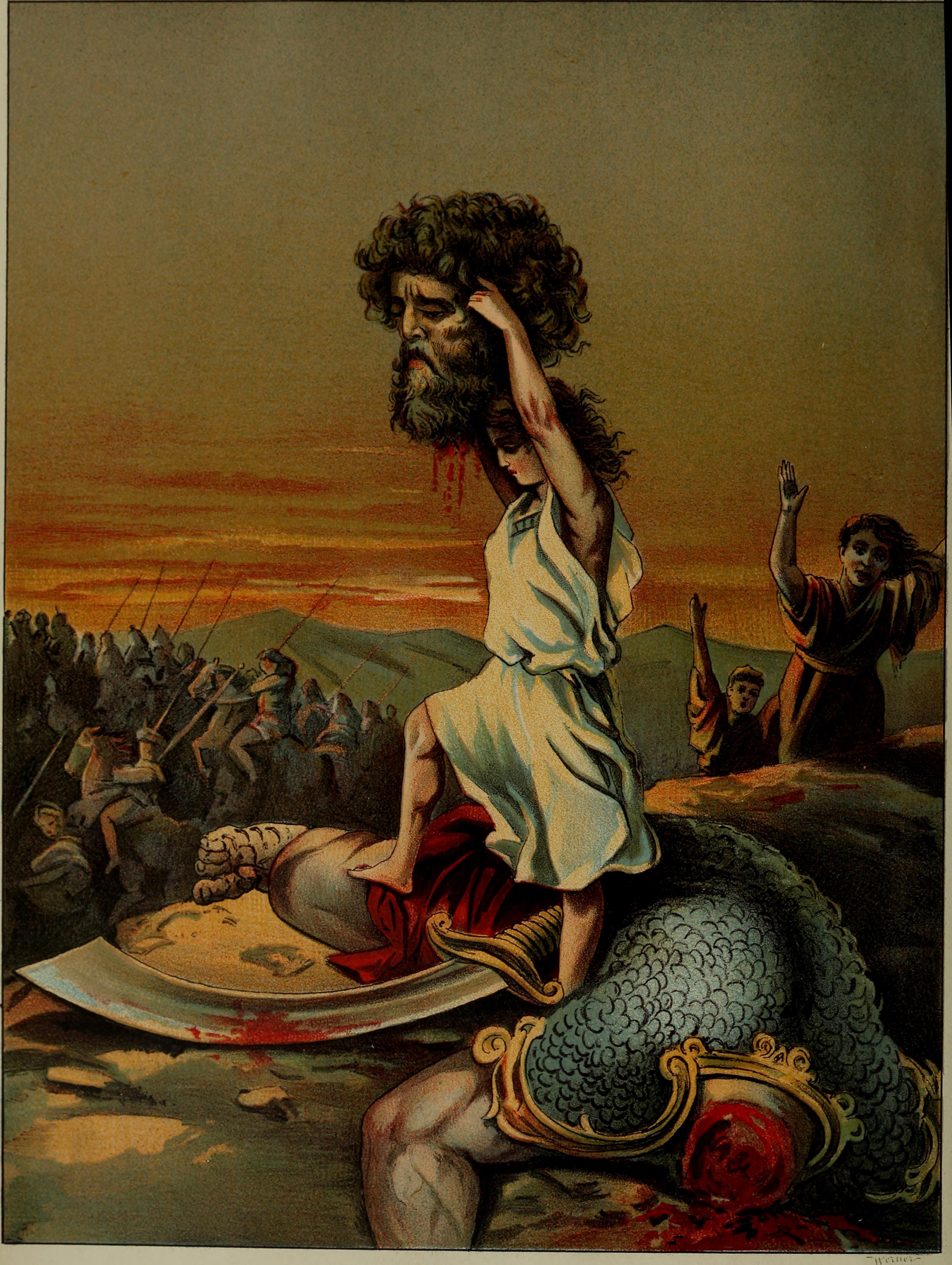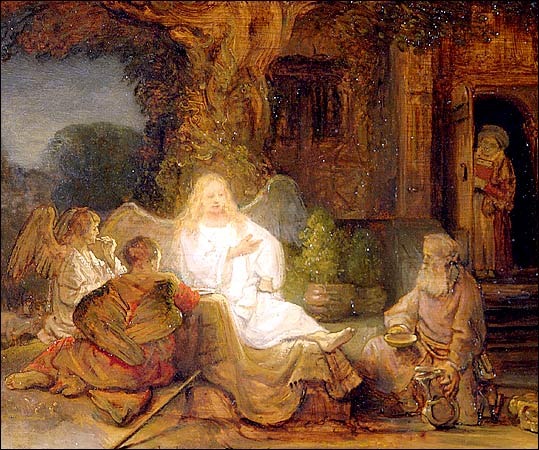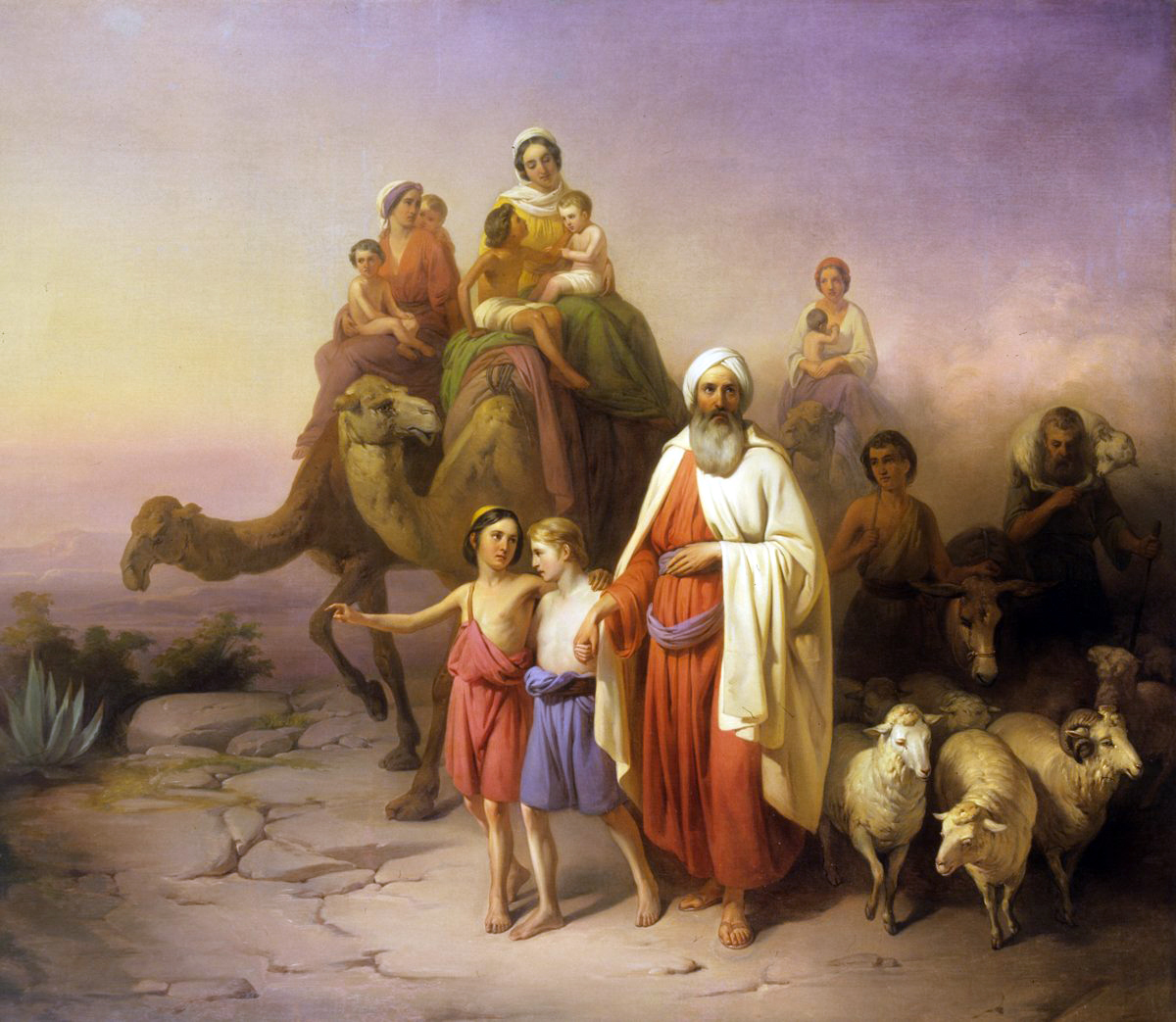Difference between revisions of "Judaísmo"
Adelo Vieira (talk | contribs) |
Adelo Vieira (talk | contribs) |
||
| Line 48: | Line 48: | ||
| − | <img style="https://upload.wikimedia.org/wikipedia/commons/1/13/Sweet_stories_of_God%3B_in_the_language_of_childhood_and_the_beautiful_delineations_of_sacred_art_%281899%29_%2814751566596%29.jpg" /> | + | <img style="width: 420pt" src="https://upload.wikimedia.org/wikipedia/commons/1/13/Sweet_stories_of_God%3B_in_the_language_of_childhood_and_the_beautiful_delineations_of_sacred_art_%281899%29_%2814751566596%29.jpg" /> |
<br />David raises the head of Goliath as illustrated by Josephine Pollard (1899) https://en.wikipedia.org/wiki/David | <br />David raises the head of Goliath as illustrated by Josephine Pollard (1899) https://en.wikipedia.org/wiki/David | ||
</div> | </div> | ||
Revision as of 18:44, 18 October 2020
|
Origen del Judaísmo |
to |
|
David Historians of the Ancient Near East agree that David probably existed around 1000 BCE, but that there is little that can be said about him as a historical figure. It was initially thought that there was no evidence outside of the Bible concerning David, but the Tel Dan Stele, an inscribed stone erected by a king of Damascus in the late 9th/early 8th centuries BCE to commemorate his victory over two enemy kings, contains the phrase in Hebrew: ביתדוד, bytdwd, which most scholars translate as "House of David".
|
|
to |
|
Moisés
| |
|
to |
|
Abraham En hebreo: אַבְרָהָם, Avraham. En árabe ابراهيم, Ibrāhīm. Originalmente Abram, fue según la Biblia, el primero de los tres patriarcas del judaísmo. Su historia es contada en todos los textos sagrados de las religiones abrahámicas y juega un papel importante como ejemplo de fe en el judaísmo, cristianismo e islam. https://es.wikipedia.org/wiki/Abraham
|











